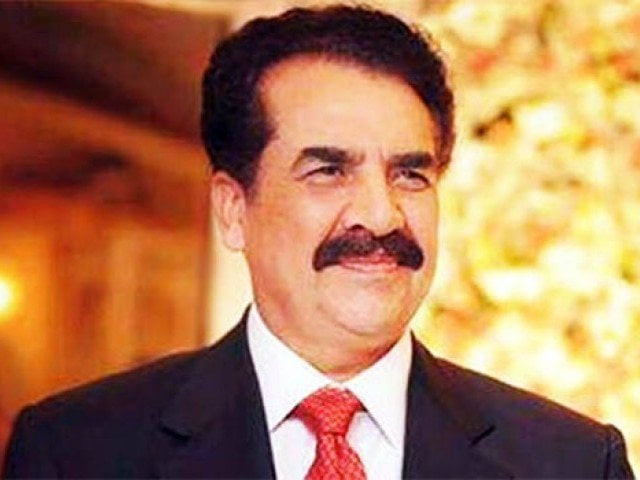Role in anti-terror alliance
General Raheel is neither leading a Pakistani military unit at the alliance nor representing the country

Former army chief General (retd) Raheel Sharif. PHOTO: AFP
In the first place, a clear distinction ought to be made between a private job and a public appointment. As far as one can tell, General Raheel is neither leading a Pakistani military unit at the alliance nor representing the country in any special way. So, unless we are told otherwise let us not jump to any conclusions. The fact that he is a Pakistani national is purely coincidental. But yes he will be the head of the multi-national force in the alliance — a role similar to that of Nato’s supreme commander. He has been given the post in an individual capacity for his highly professional leadership and rich battlefield experience in the war against terrorism. As we understand it, General Raheel will be responsible for the overall direction and conduct of the new alliance’s global military operations.
Almost from the day of the appointment, great fuss has been made, mainly among political circles, about the alliance being a professed anti-Iran entity. The impression is probably reinforced by the actions of the Saudi-led coalition troops in Yemen where government forces are pitted against the pro-Iran Houthi rebels. Like others, the Pakistan Tehreek-e-Insaf appears to subscribe to the populist fear that since Iran isn’t a member of the alliance, its members would under Saudi ministrations work against Tehran at some point. On these grounds, the party has said it opposed the government decision to issue clearance to General Raheel for spearheading the alliance. Riyadh has so far not specified whether the fledging alliance’s troops would take on Nato-style operations against the Islamic State or act as a largely peace-keeping force. To ascribe any other motive would be egregious at this point.
The argument for parliamentary scrutiny should rest upon whether an individual or a country is being represented.
Published in The Express Tribune, March 28th, 2017.
Like Opinion & Editorial on Facebook, follow @ETOpEd on Twitter to receive all updates on all our daily pieces.














COMMENTS
Comments are moderated and generally will be posted if they are on-topic and not abusive.
For more information, please see our Comments FAQ